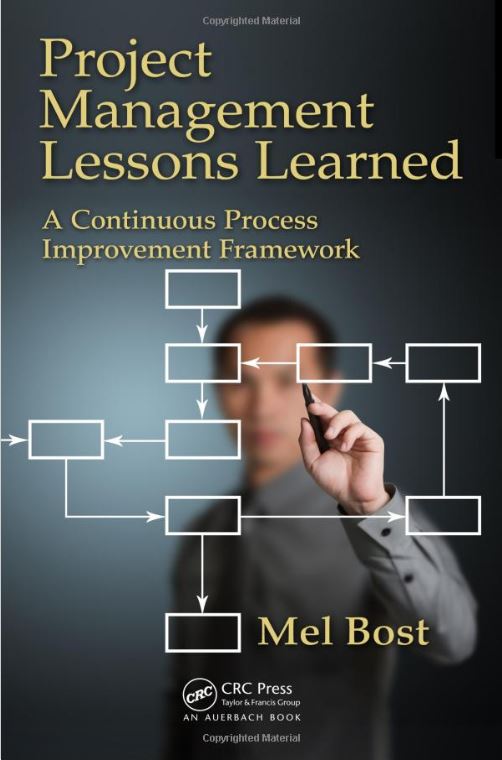By three methods we may learn wisdom:
– First, by reflection, which is noblest;
– Second, by imitation, which is easiest; and
– Third by experience, which is bitterest.
Confucius
Those of you who have seen the movie “The Ron Clark Story” already know about the remarkable efforts of a dedicated teacher in inner city New York who developed a learning atmosphere for his elementary students which contributed to them excelling in the classroom at the highest level in every subject. Subsequent to Ron Clark’s success in the New York schools, he visited every state to talk with students, teachers and school administrators about what he had learned and how his students performed.
What he found in his journeys were the same characteristics everywhere that he had identified to be success factors in his own classroom experiences. He found dedicated teachers and students and administrators everywhere who displayed some key attributes which, when tapped fully, created a learning experience that resulted in success and a learning environment that could not be denied regardless of the social setting or the prior experiences of the students and teachers.
When he wrote his second book “The Excellent Eleven,” he focused on eleven characteristics of high performing classroom, living and learning environments that contributed to student success. One of those characteristics was “Reflection.” Ron used reflection to instill emotion in the students’ experiences with their present day studies. At the end of every major section of work, he had the students write down their impressions of what they had just experienced and how it affected them. What types of things were going on their lives at the same time, what emotions they felt as they mastered each subject, what relationships they experienced. Many of the students remarked that, after reading their own reflections a significant time later than the actual events, they were amazed at the “images “ the reflections created in their minds and the tendency to revisit those images as they experienced new, more challenging situations and environments.
“Reflection” is something we don’t usually allow ourselves to experience because we are too busy getting on to the next task at hand, too busy hurrying to the next assignment that we don’t pay attention fully to what we have created in the last assignment, too busy grappling with the next hurdle because it is there rather than analyzing why we felt a certain way about our work just completed.
Yet reflection is the very essence of what many of Ron Clark’s students stated as being the most significant experiences they remember and the most often called upon thoughts when they faced really formidable challenges in future years.
If you are a project manager or a project team member, make time to “reflect” in a written form at regular intervals what you feel about your experiences on projects, what observations you experienced when facing new hurdles, what paths of accomplishment you have just taken to reach a successful plateau, what thoughts you would share with another person who might be faced with a similar challenge.
The words of Confucius on Wisdom will resonate in your mind over and over as you attempt new and more challenging tasks. “Reflection” will help you to tackle all things that seem formidable. Sharing those reflections with others will help cement relationships that are so valuable to the maintenance of the community of project managers and team members going forward.
Thanks for your indulgence,
Mel Bost

[…] “wisdom” and “lessons learned”, which many of you will recognize from previous posts on this site. They relate concepts of “behavior,” “actions,” […]